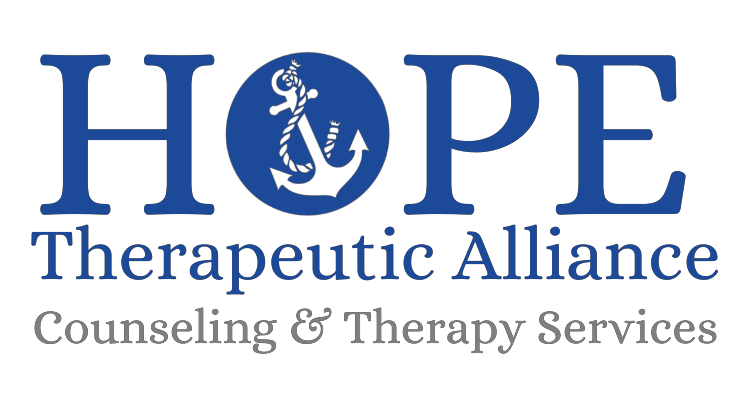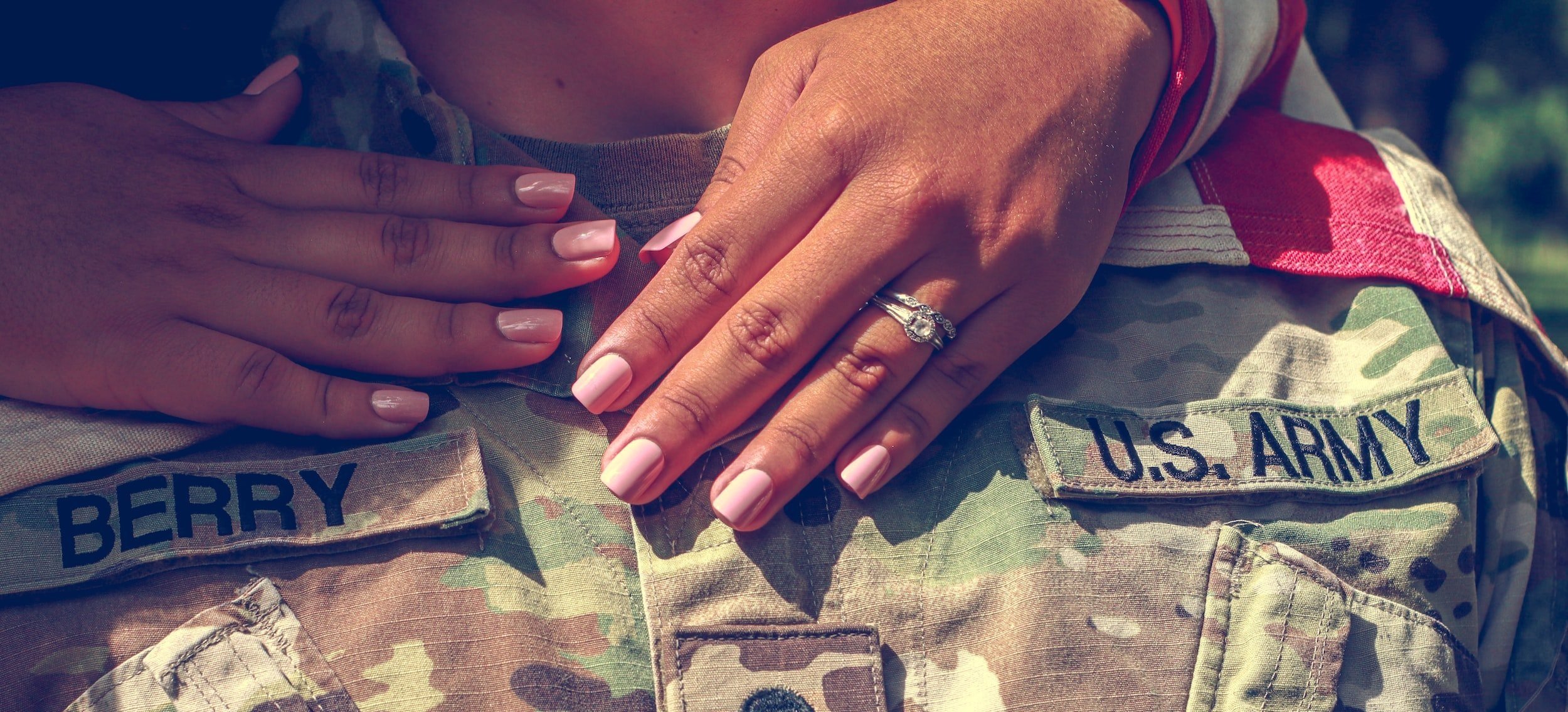Beyond BBQs and Beaches: Honoring Veterans and Service Members on Memorial Day
Memorial Day weekend often conjures up images of backyard barbecues, beach trips, and the unofficial start of summer. But beneath the festive atmosphere lies a deeper meaning – a day to remember those who served our country and paid the ultimate sacrifice. Memorial Day serves as a powerful reminder of the cost of freedom and the enduring legacy of those who have given their lives in defense of our nation.
Memorial Day can be particularly challenging for veterans, service members, and the families of fallen soldiers, as it brings to the forefront the profound personal losses they have endured and witnessed. For many veterans and service members, this day evokes memories of comrades who did not make it home, rekindling feelings of grief, survivor's guilt, and trauma associated with their experiences in combat. The ceremonies and remembrances, while honoring, can also be an unpleasant reminder of the cost of war and the friends and fellow service members they have lost.
Families of fallen soldiers face a similarly emotional experience. Memorial Day amplifies their sense of loss and mourning, as the nation collectively pauses to remember those who have died in service. For these families, the day is a painful reminder of their loved ones' ultimate sacrifice, often bringing back the pain of their absence with heightened intensity. The public nature of the commemorations can also add to the emotional weight, as it connects their personal grief with national reverence. Despite the supportive and honoring intent of Memorial Day, it remains a deeply personal and somber time for those most directly affected by the sacrifices it honors.
How can we truly honor those who are personally affected on Memorial Day (and beyond)?
1. More Than a Moment of Silence:
While a moment of silence is a gesture of respect, let's go beyond the pause. Engage in conversations with veterans, service members, and families of fallen soldiers about their experiences. Ask respectful questions, listen attentively, and acknowledge their service.
Here are some conversation starters:
"Thank you for your service." (This simple phrase can mean a lot.)
"Can you tell me a little about your time in the military?" (Let them decide how much they want to share.)
"Is there anything specific you'd like people to know about Memorial Day?"
2. Support Organizations Making a Difference:
Many organizations work tirelessly to support our armed forces and their families, both here and abroad. Research and choose a cause that resonates with you.
Here are some ways to get involved:
Volunteer your time at a military hospital or organization.
Donate to charities that support veterans and service members' mental health, employment, or housing needs.
Organize a fundraising event.
Spread awareness about veteran, service members, and their family’s needs on social media.
3. The Power of "Welcome Home":
Veterans and service members often describe a sense of disconnect upon returning to civilian life. Help bridge the gap by creating a welcoming environment. Here's how:
Hire veterans whenever possible.
Offer discounts or special services to veterans, service members, and their families.
Organize community events that connect veterans with civilians.
4. Recognize the Invisible Wounds:
Military service can leave scars, both physical and emotional. PTSD, anxiety, and depression are real challenges faced by many veterans, service members, and their families. Show empathy and understanding and encourage military affiliated individuals to seek help if needed.
5. Amplify Voices for Those Who Serve:
Veterans have stories to tell – stories of courage, sacrifice, and resilience. Actively listen to their experiences and share them with others. This could be through reading memoirs, watching documentaries, or attending veteran-led events.
Remember, supporting veterans and service members is not a one-day event. Let Memorial Day be a springboard for ongoing commitment and appreciation.
If You're a Veteran, Service Member, or Family Member Struggling with Mental Health:
Know you're not alone. Many resources are available to support you.
The National Suicide Prevention Lifeline: 988
Veterans Crisis Line: 1-800-273-8255, press 1
Veterans Affairs (VA) Helpline: 1-800-827-1000
National Center for PTSD: https://www.ptsd.va.gov/
HOPE Therapeutic Alliance Stands With You:
At HOPE Therapeutic Alliance, we understand the unique challenges faced by veterans, service members, and their families. We honor the sacrifices made by military personnel and their families, so we offer specialized services just for you. Learn more here. Our team of experienced therapists specialize in treating military-related trauma, PTSD, and other issues. We offer individual and group therapy, creating a safe space for military affiliated individuals and families to connect, share experiences, and heal.
This Memorial Day, let's honor the fallen by supporting those who continue to carry the weight of service. Together, we can create a community of support that empowers veterans and service members to thrive.



